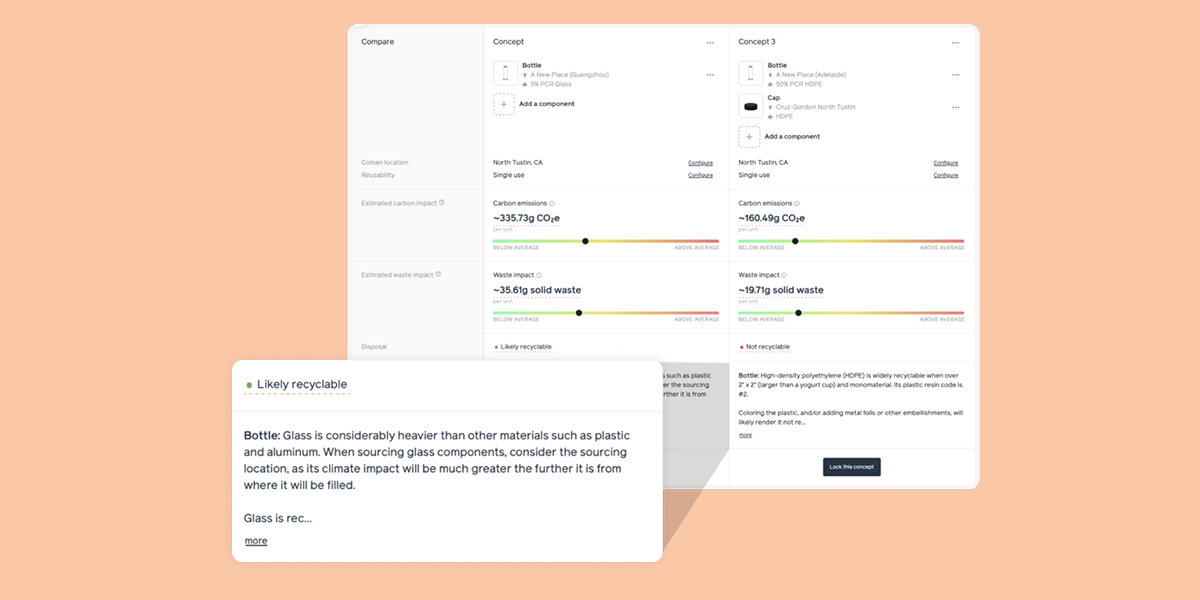Extended Producer Responsibility (EPR) regulations are reshaping the Consumer Packaged Goods (CPG) industry, placing new demands on companies to manage their packaging waste. While large corporations often have dedicated compliance teams, small to mid-sized businesses (SMBs) face unique challenges in meeting EPR requirements. If you're a sustainability manager, compliance manager, or brand manager at an SMB, understanding these challenges can help you navigate compliance more effectively.
1. Limited Resources and Budget Constraints
Unlike large corporations with extensive compliance departments, SMBs often operate with smaller teams and tighter budgets. The cost of tracking, reporting, and paying EPR fees can strain financial and human resources, making compliance a daunting task.
2. Complex and Evolving Regulations
EPR laws vary by state, creating a patchwork of regulations that SMBs must navigate. Keeping up with changing rules, reporting requirements, and compliance deadlines can be overwhelming, especially without a dedicated legal or regulatory team. Still not sure if you are liable under US EPR regulations? Take this 5 min survey to find out.
3. Lack of Internal Expertise
Many SMBs lack in-house compliance specialists or sustainability experts, leading to confusion about obligations, data reporting, and packaging requirements. Without proper guidance, companies may struggle to implement the necessary changes to meet EPR standards.
4. Supply Chain and Packaging Challenges
Transitioning to more sustainable or recyclable packaging—a key aspect of EPR compliance—can be more challenging for SMBs due to limited supplier options, higher costs, and longer lead times. Larger companies can negotiate bulk pricing, but SMBs often face higher per-unit costs for sustainable materials.
5. Administrative Burden
EPR compliance requires extensive data tracking, reporting, and fee calculations. SMBs may lack the technology or personnel to manage these tasks efficiently, increasing the risk of errors and penalties for non-compliance.
How SMBs Can Overcome These Challenges
1. Leverage Industry Partnerships
Joining Producer Responsibility Organizations (PROs) or industry associations can help share the burden of compliance costs and provide expert guidance on regulatory changes.
2. Invest in Compliance Software and Automation
Technology can streamline data collection, reporting, and fee calculations, reducing the manual workload for SMB teams and ensuring greater accuracy.
3. Work Closely with Packaging Suppliers
Collaborate with suppliers and packaging experts to explore cost-effective, sustainable packaging solutions that meet EPR requirements without significantly increasing costs.
4. Stay Informed and Seek Expert Guidance
Regularly monitor state and federal EPR regulations, attend industry webinars, and consult with advisors to stay ahead of compliance requirements.
The Bottom Line: Proactive Planning is Key
For SMBs, EPR compliance may feel overwhelming, but proactively addressing challenges can reduce long-term costs and risks. By leveraging technology, industry partnerships, and sustainable packaging strategies, SMBs can navigate EPR regulations successfully and position themselves as leaders in sustainability.
Check out our quick EPR 101 guide, to get started on your EPR journey.
Need Help with EPR Compliance?
The rePurpose Global Packaging Platform was designed exclusively for small to medium sized businesses facing these specific challenges.
The EPR compliance hub from rePurpose Global can automate in 1-click what would otherwise take you over 3 months of manual effort. It quickly compiles CAA reports, estimates fees and tax liabilities, and keeps you updated with emerging regulations, including Labeling laws, PCR mandates, and 90+ Packaging Regulations in North America. With Oregon's reporting deadline on March 31st, immediate action is crucial to avoid financial penalties.
Reach out to us for a stress-free, reliable solution.

.avif)
.png)
.avif)

.png)






